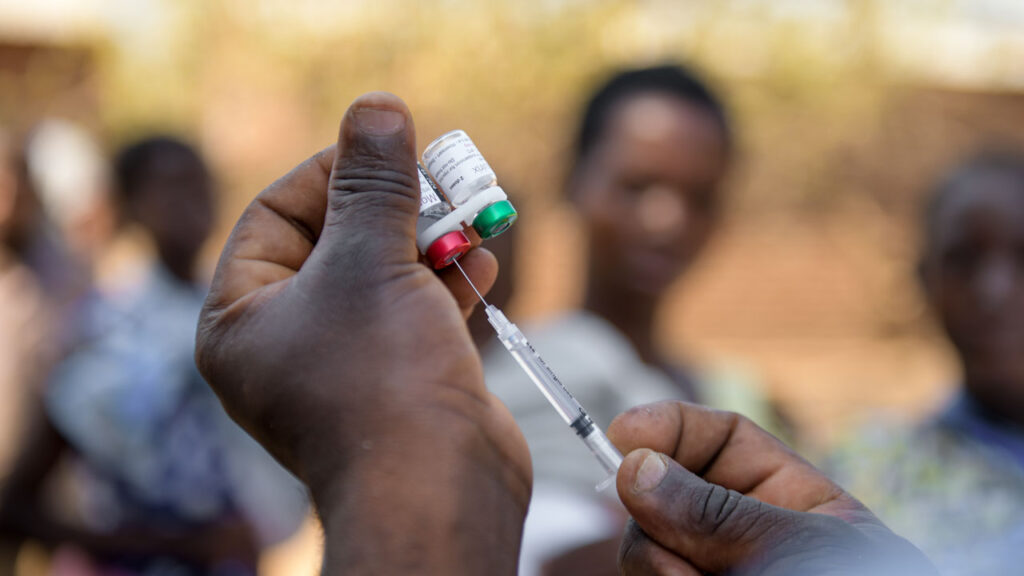A country in West Africa, Ghana, introduced a super-effective vaccine for malaria and became the first country to approve a fresh malaria vaccine. The scientists who developed this vaccine call it a “world changer.”
Contrary to other attempts in the same field, the vaccination, known as “R21,” seems to be extremely successful.
Ghana’s drug regulators have given the vaccine the thumbs up after studying its “safety and effectiveness.” It is not yet on the market, but it has been confirmed that it is going to be available for use.
The “World Health Organisation” also gave its approval for the vaccine.
Malaria is a very common health problem faced by people all over the world, and it kills almost 620 000 people per year, most of them children.
The creation of a vaccine that guards against the malaria parasite has required a significant, century-long scientific effort.
The “R21 vaccine” was up to 80% successful in clinical trials conducted in Burkina Faso when administered in three initial doses followed by a booster shot a year later.
The outcome of a larger experiment involving up to 5,000 kids will determine how widely the vaccine will be used.
These have still not been formally published, even though they were supposed to happen at the end of last year. They have been made available to several African governments and scientists.
“Ghana’s Food and Drugs Authority” gives their approval to use the vaccine in children aged between “five months and three years.”
“The Serum Institute of India” is constructing a vaccination facility in Accra, Ghana, and is planning to produce 100–200 million doses annually.
“R21” is anticipated to cost a few bucks per dose.
“Developing a vaccine that will significantly reduce this huge epidemic of illness has been extremely difficult,” said Adar Poonawalla, CEO of the Serum Institute. He continued, The first nation to approve the vaccine, Ghana, marks “a significant achievement in our attempts to defeat malaria throughout the world.”











More Stories
AI to assist doctors in detecting broken bones in X-rays
Enhancing digital health initiatives could help prevent millions of deaths from noncommunicable diseases
Sweden Confirms Its First Case of Mpox